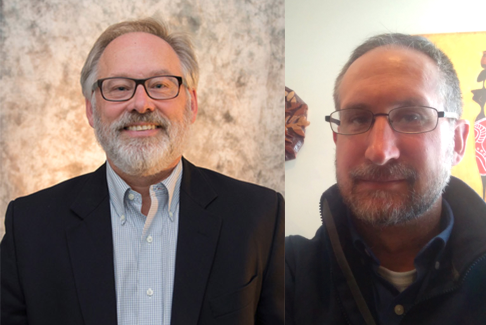
St. Mary’s College of Maryland’s Center for the Study of Democracy presents “Remaking the Mainstream? Immigrant Integration or Segregation in Rural America,” on Tuesday, April 10 at 6 p.m. in Auerbach Auditorium of St. Mary’s Hall on the College’s campus. The event is free of charge and open to the public.
Unprecedented immigration has transformed rural and small towns in America. Immigrants have provided a demographic lifeline for declining rural communities, but also have raised new questions about cultural fragmentation and contentious racial and ethnic relations.
Daniel T. Lichter, Ferris Family Professor of Policy Analysis and Management, Robert S. Harrison Director of the Institute for Social Sciences, Cornell University, will highlight recent patterns of rural demographic and economic change. He also will discuss the major obstacles to cultural and economic integration of rural immigrants into mainstream American life, and outline a path forward amidst growing anti-immigrant sentiment and the rise of nationalism.
Matthew R. Peters, director of Chesapeake Multicultural Resource Center, will discuss various aspects of the immigrant community of Easton, Md., the dramatic demographic shifts that have occurred over the past decade in many towns on the Eastern Shore, and the stories driving this shift. Before working at the resource center, Peters worked and lived for 13 years in rural Guatemala. In his current position, he has heard stories of over 2,000 immigrants on the Eastern Shore.
This event is organized by the Center for the study of Democracy at St Mary’s College of Maryland and co-sponsored by the Department of Sociology. It is part of the Center’s St Mary’s County Oral History Project that was made possible by a grant from Maryland Humanities, through support from the National Endowment of the Humanities. Any views, findings, conclusions or recommendations expressed in this program do not necessarily represent those of the National Endowment for the Humanities or Maryland Humanities.
The Center for the Study of Democracy (CSD) explores contemporary and historical issues associated with the ideas of democracy, liberty and justice in national and international contexts. It supports research that enhances our understanding of liberal democracy and its critics. The CSD facilitates activities that strengthen democracy and the rule of law; enhance security and individual freedoms; invigorate the civil society; encourage free enterprise; and increase economic, environmental, educational and cultural equity.
